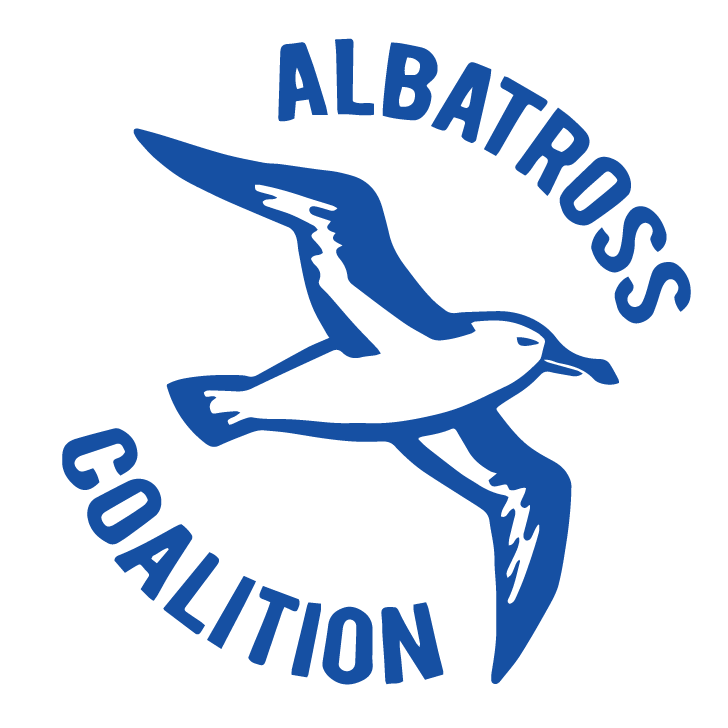“Walk the Talk” – Scripps Institution on Ocean Responsibility (Video – 2018)
Video Synopsis This video features insights from the Scripps Institution of Oceanography on the critical connection between scientific research and environmental responsibility. Through their comprehensive study of ocean, land, and atmospheric systems, Scripps researchers have gained profound understanding of humanity’s significant environmental impact on Earth. Key Messages Scientific Understanding Drives ActionScripps’ oceanographic research has revealed…
